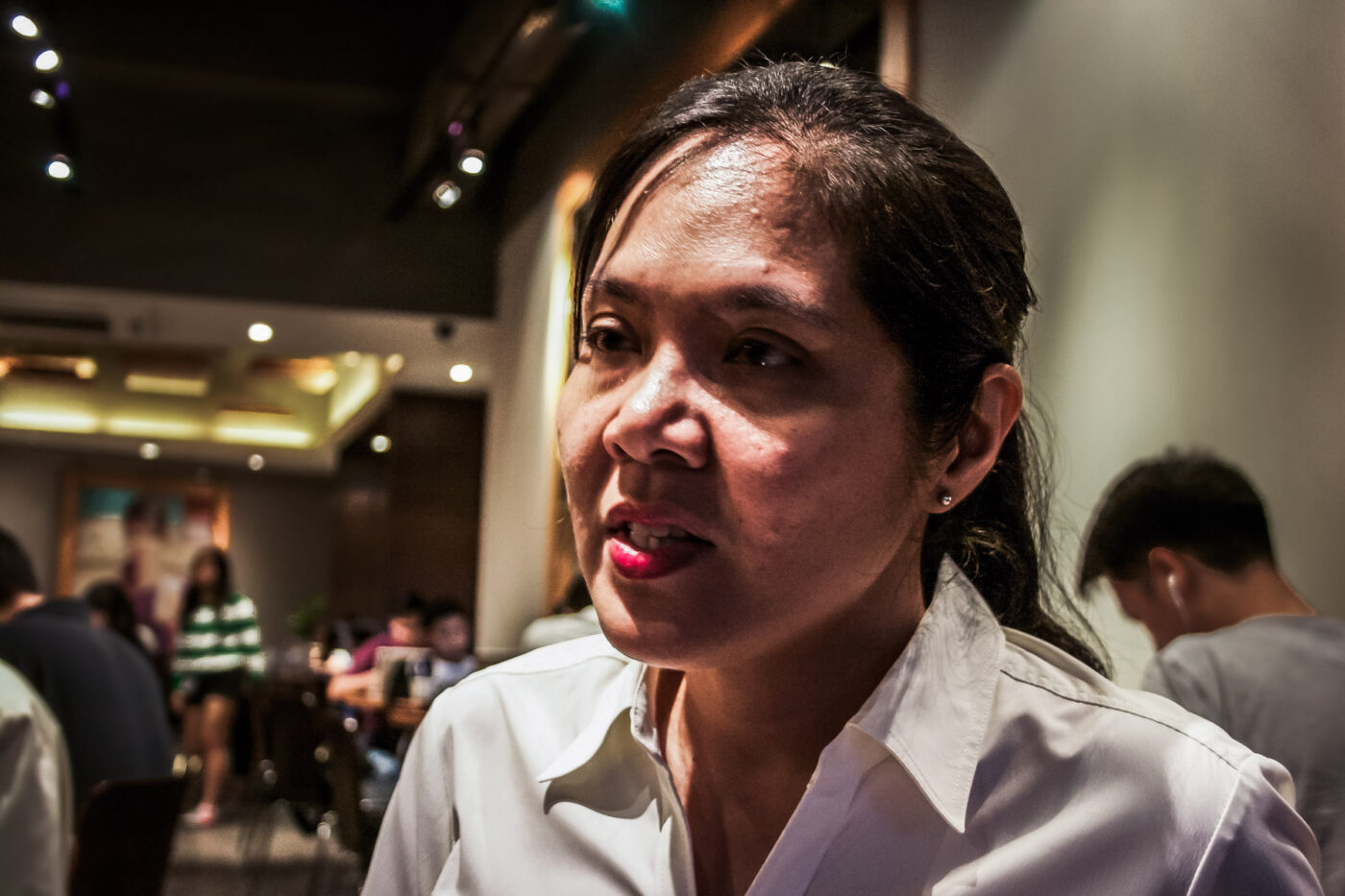THE FUTURE is looking bright for two notable college graduates.
Rusty Quintana is a native of Barangay Florida in Butuan City, with lineage from the indigenous Banwahon tribe. Although he was a former street kid who did not finish elementary and high school, Quintana attained a scholarship from Xavier University-Ateneo de Cagayan and graduated with a bachelor’s degree in Development Communication. He has since expressed an interest in skills development for the youth, as this was how he had gotten out of the streets and found his passion for art.
On the other hand, Roben Abdella made an impact when he graduated magna cum laude from Mindanao State University Tawi-Tawi, becoming the first Badjao to finish college with honors. Abdella defied the norm of taking a course according to the livelihood of his ethnic group and instead completed a bachelor’s degree in Secondary Education with a major in English, a language he is fluent in, both in writing and speech. He is determined to counter discrimination against his tribe through education.
An inclusive education
In light of the recent graduates with indigenous roots like Quintana and Abdella, the rest of the Philippines is slowly catching up to provide quality education for minority groups.
Before the Department of Education (DepEd) could cater to the needs for education in indigenous communities, a deeper understanding of their situation was necessary to formulate the appropriate curricula. Under their Philippines’ Response to Indigenous and Muslim Education (PRIME) program, DepEd partnered with the Ateneo’s Institute of Philippine Culture (IPC) to conduct comprehensive research.
IPC headed Baseline Profiles of Selected Communities, a project that helped provide a qualitative study for PRIME to build on. Through this study, researchers saw that perspectives on education varied depending on the ethnic mix of communities and their respective societal structures.
Jane Austria-Young, the project director of the study, explains that when communities have an established decision-making process and a history of formal structures, education is seen as a means of elevating one’s self to a better life. For mixed societies, however, its role is simply to protect the indigenous settlements.
“Kung hindi ka literate, mas madali kang maloko (When you’re not literate, it’s easier to be fooled),” Austria-Young says of their reasoning.
She also stressed the importance of strengthening community engagement so that when planning the curriculum, educators and elders can discuss how to make it relevant to their cultural values.
“Para at the end of the day, ‘yung mga katutubo, mayroon talaga silang pagkilala sa kung ano ‘yung kakanyahan nila…at hindi nila ikinahihiya yun (So that at the end of the day, the indigenous people are aware of their individuality and won’t be ashamed of it),” she states.
Making education a reality
In 1999, Gina Alfonso, a Jesuit volunteer, founded Cartwheel Foundation to build a pre-school for the Talaandig children in Miarayon, Bukidnon. Since then, Cartwheel has widened their reach to accommodate all members of their target communities. It now not only provides educational opportunities for the communities, but also fosters their heritage through culturally relevant education.
“What we want is for them to also take pride, own their culture, and be more aware of their indigenous knowledge,” says Cartwheel Foundation Executive Director Pia Ortiz-Luis. “Eventually they become culture-bearers wherever they end up.”
Through their Young Indigenous Peoples Leaders program, Cartwheel grants scholarships to high school graduates. The scholars then finish their college education in Pamulaan, an academic center in Davao, of which Cartwheel is a founding partner. According to Ortiz-Luis, this endeavor is about “planting seeds” so that the students “will grow and become leaders in their communities” and thus become catalysts of change.
Prioritizing education has also helped in identifying other issues, as well as become a tool of empowerment. “Through education, that’s how we learn what their other needs are,” Ortiz-Luis says, “That’s how they get to have a voice.”
Education as the beginning
Austria-Young adds that sensitizing the government and organizations to the governance structures of a community aids in integrating culture into the curriculum.
“Hindi mo pwedeng ibagsak lang na ‘ito yung kaunlaran, ito yung dapat niyong gawin’ (You can’t just drop it on them and say ‘this is progress, this is what you have to do’)”, she states.
However, she believes that there is progress in recognizing that each community functions in its own ways. Austria-Young emphasizes that because of the realization that communities cannot be generalized, there is now proper consultation on how to target specific needs.
Because each community is unique, it is vital that the distinct cultures are fostered in and through formal schooling. “What we are emphasizing is not just providing them access to education, but education that is culturally sensitive [and] culturally relevant,” Ortiz-Luis says.




